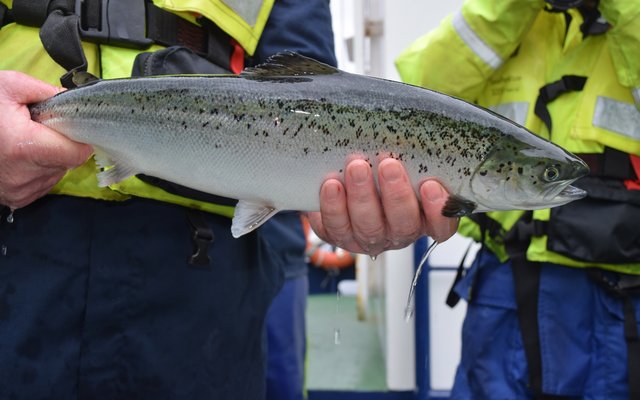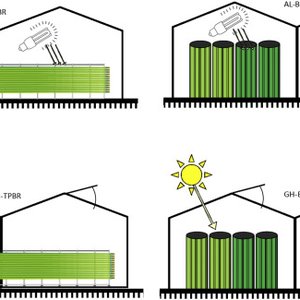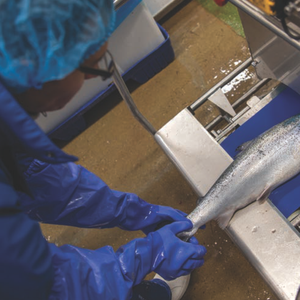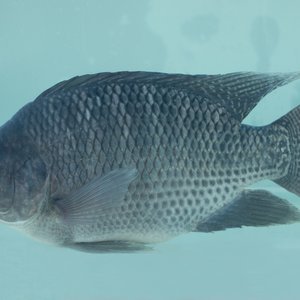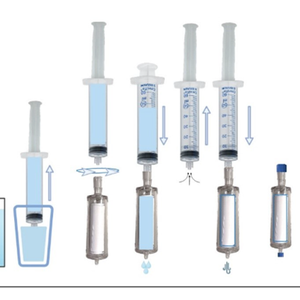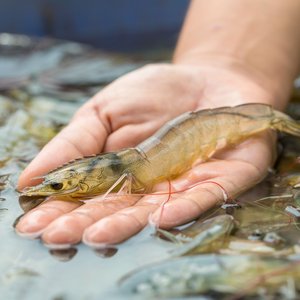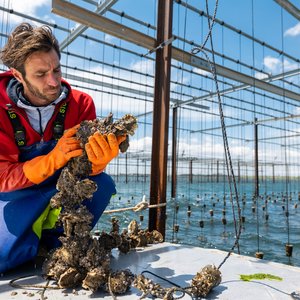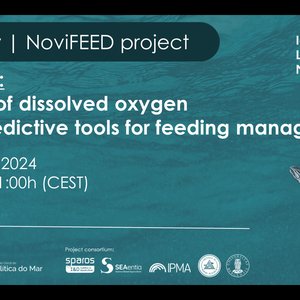A new, cost-effective selective breeding method is being developed by a Scottish research consortium that could enhance fish health and well-being by improving salmon resistance to the perennial challenge of sea lice.
The project, led by Smaragda Tsairidou and professor Ross Houston at the University of Edinburgh’s Roslin Institute, will use genetic data to create a novel technique for identifying salmon with enhanced natural resistance to sea lice. The researchers worked in collaboration with Hendrix Genetics and the University of Stirling‘s Institute of Aquaculture as part of a project supported by the Scottish Aquaculture Innovation Centre (SAIC).
Selective breeding using genomic tools has typically been conducted by gathering information on tens of thousands of DNA sequences, or genetic markers, which can be expensive in traditional aquaculture settings. Using a scientific technique called genotype imputation, the researchers have developed a lower cost method that could make the process feasible for more breeders and producers.
The approach uses a smaller number of genetic markers to predict the resistance of salmon to sea lice. It looks for variations at specific positions in the genes of fish that indicate how it will respond to parasites and disease, allowing breeders to select parent fish with better resistance.
Similar techniques have been used successfully in livestock breeding programs and could be effective in other aquaculture species, including shrimp and tilapia. The process could also be used as a preventative measure to improve other important health traits, such as resistance to gill disease.
“Sea lice is one of the costliest health-related problems for the global salmon industry and can have a wide-scale impact on salmon health and welfare. In this study, we used low-density genetic markers to predict the resistance of salmon to sea lice. This is potentially a more cost-efficient way of breeding salmon with improved resistance to parasites and other diseases, helping to improve animal welfare and production,” said Ross Houston, chair of aquaculture genetics at the Roslin Institute.


